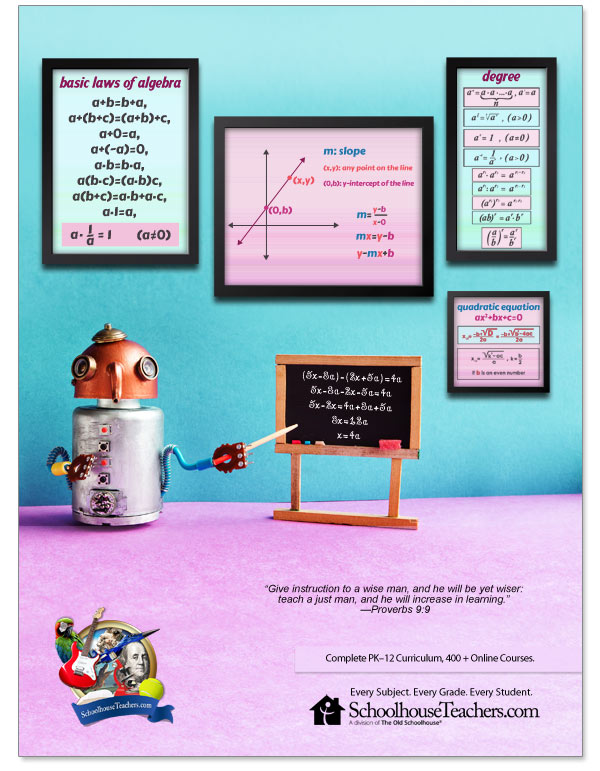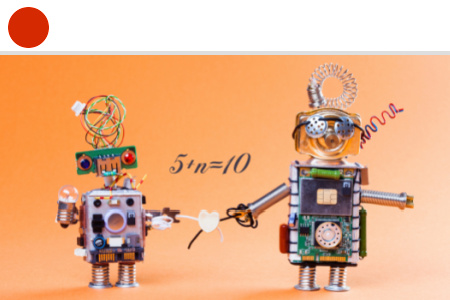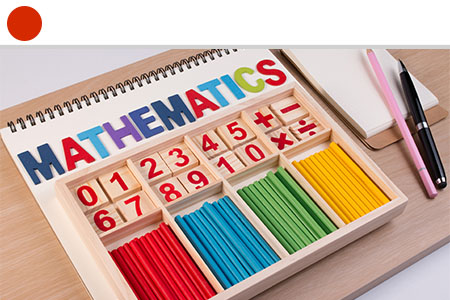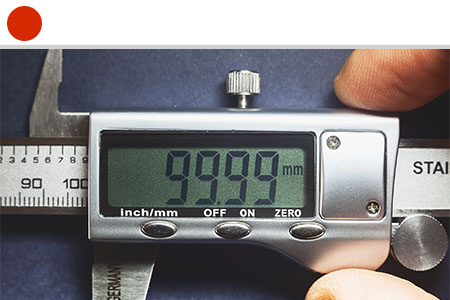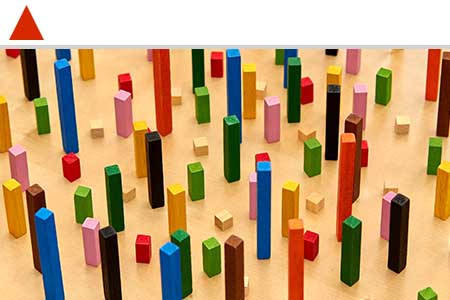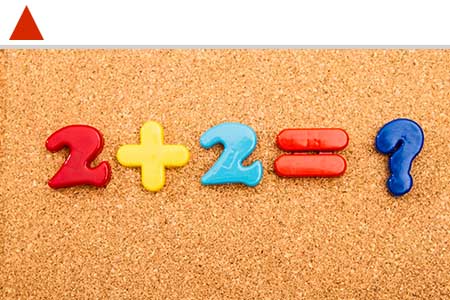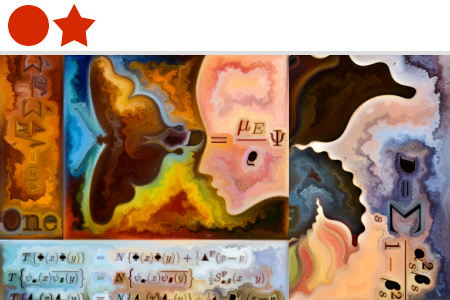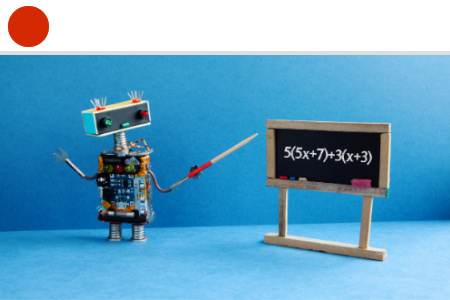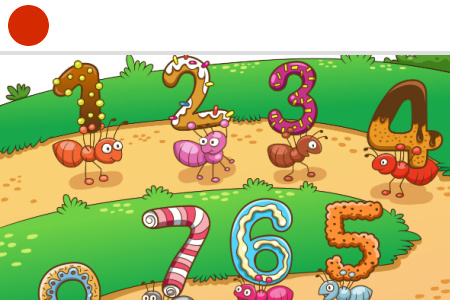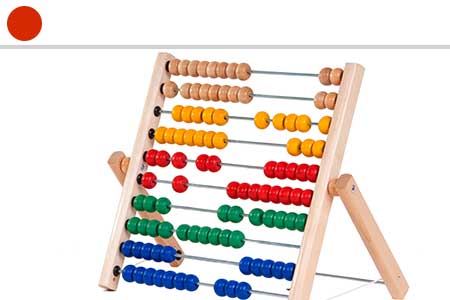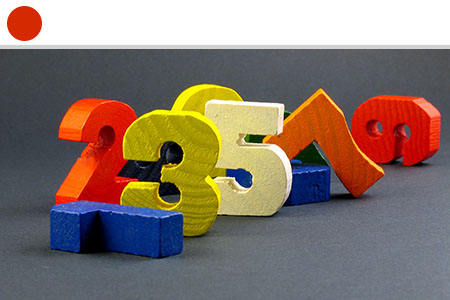Welcome to Our Pre-Algebra Homeschool Math Course
Does your student need to develop better skills before moving on to high school algebra? Pre-Algebra is a forty-week course broken into ten topical units. Designed for sixth through eighth graders, this course will prepare them for future math courses. Sequential lessons build on each other and incorporate review as well as real-life applications for every topic studied. Each easy-to-use lesson includes printable instructions, worksheets, and answer keys.
External links may be included within the course content; they do not constitute an endorsement or an approval by SchoolhouseTeachers.com of any of the products, services, or opinions of the corporation, organization, or individual. Contact the external site for answers to questions regarding its content. Parents may wish to preview all links because third-party websites include ads that may change over time.
Para traducir cualquier página web, haz clic en los tres puntos o líneas en la esquina superior derecha de tu navegador, o haz clic aquí para más información.
Pre-Algebra
Length: 10 Months / 40 Weeks
Includes: Lessons, Worksheets, and Answer Keys
Grades: 6–8
Charlene Johnson
Brighten your homeschool space and your algebra studies with this upbeat math poster!
Related Classes You May Enjoy




